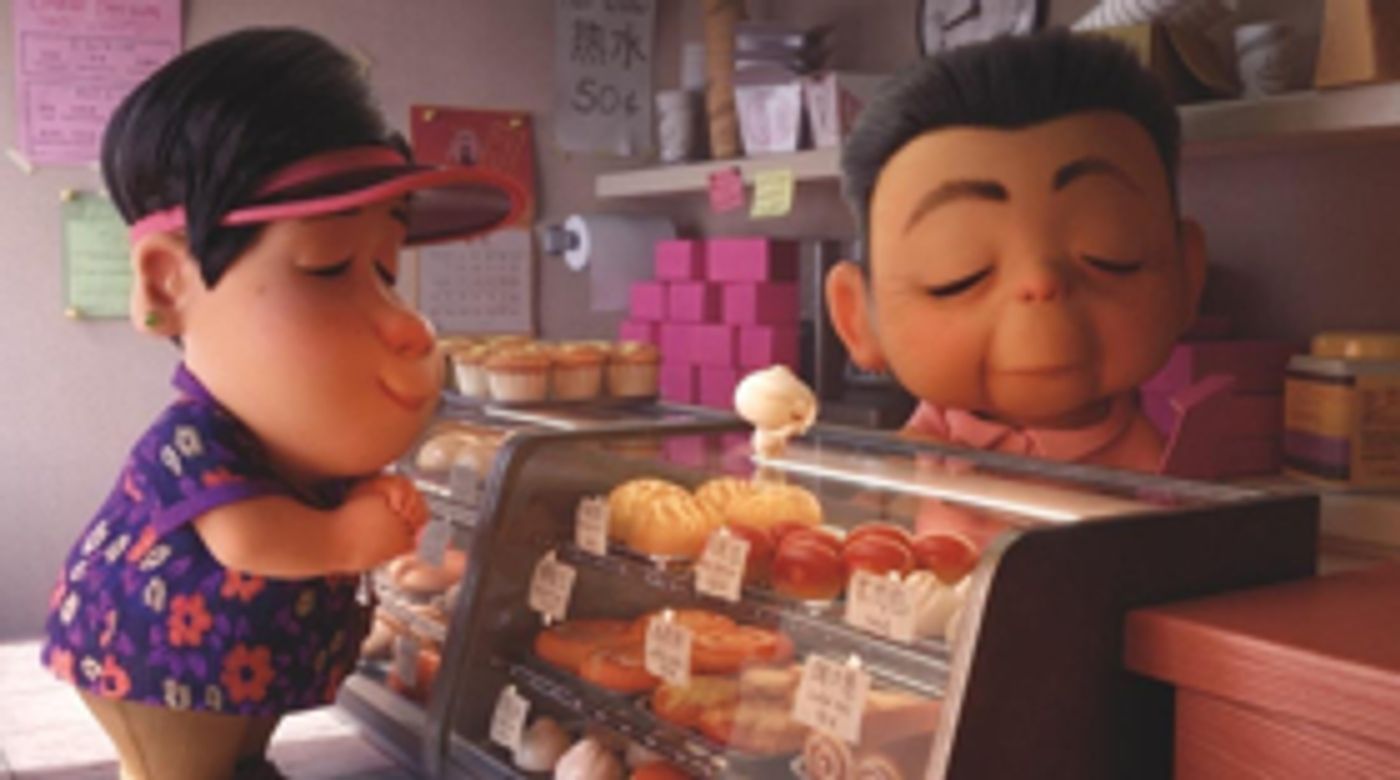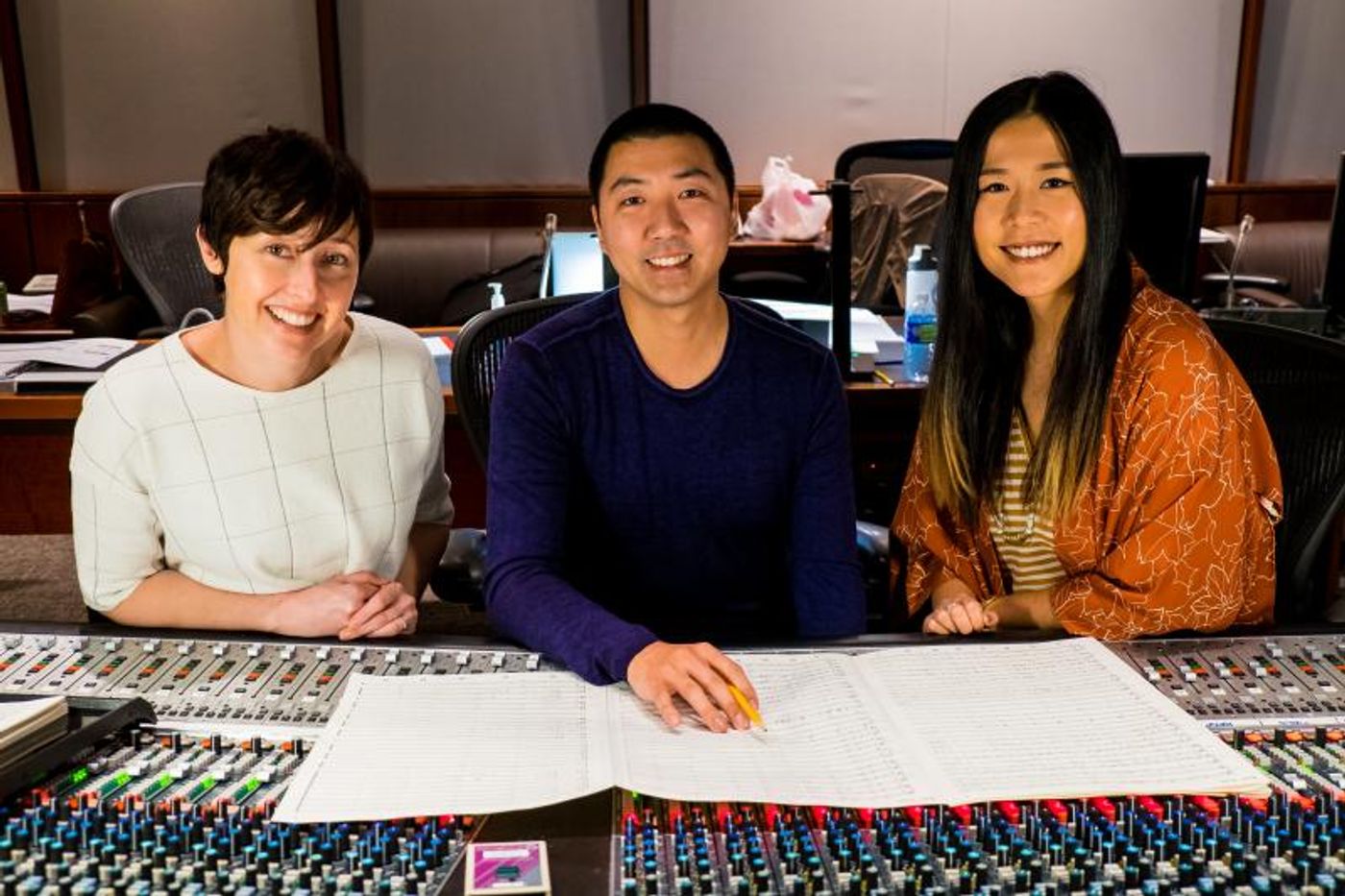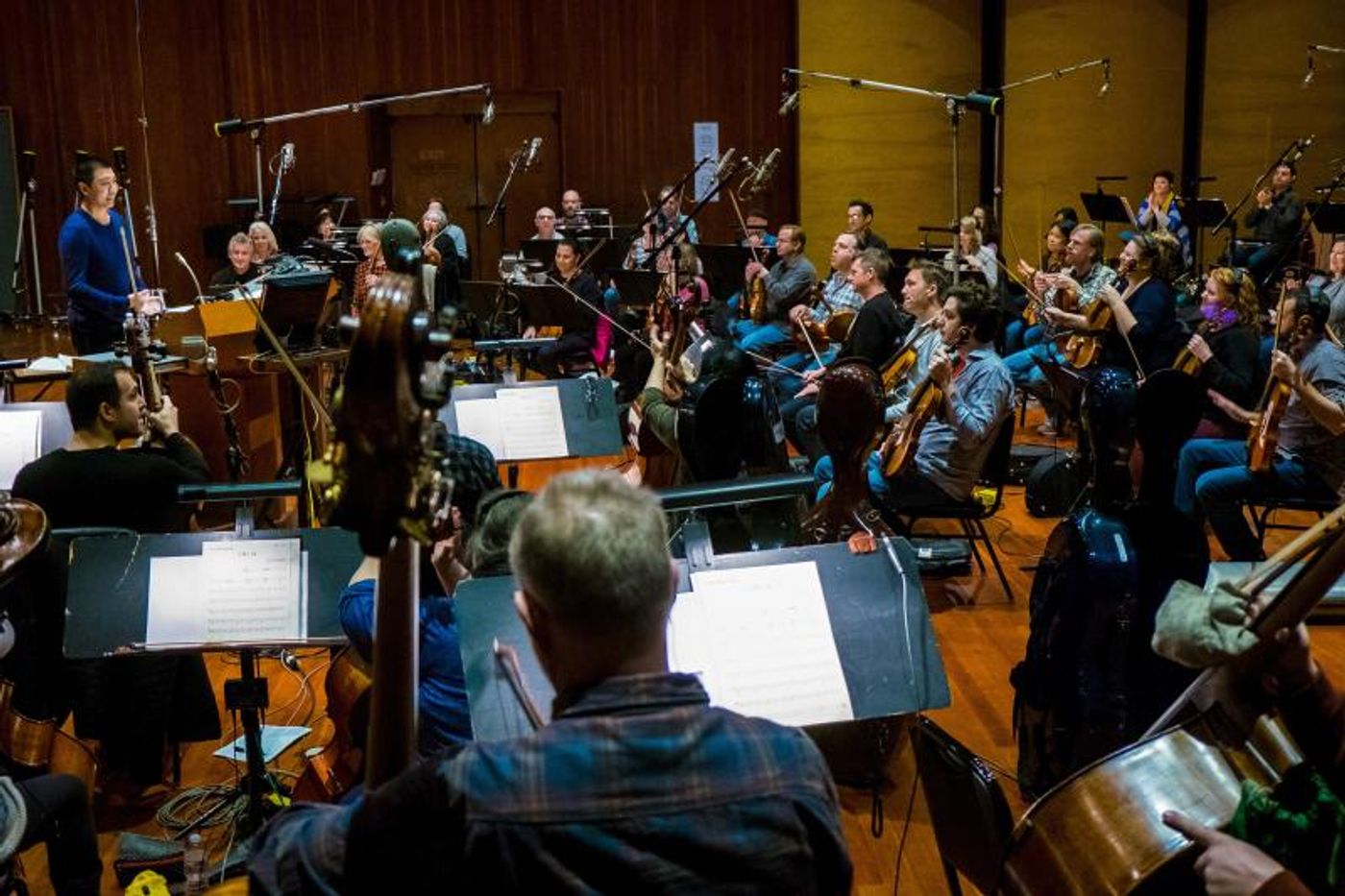Interview: Composer Toby Chu Discusses His Work on Pixar's BAO and Diversity in Hollywood

Pixar's BAO, an animated short film released with INCREDIBLES 2, depicts a dumpling come to life and raised by the woman who created it. The composer, Toby Chu, took the time to speak about his work on the film, his career as a composer, and diversity in Hollywood.
Tell me a bit about yourself, how did you decide to become a composer?
Creativity has always been in my family. My dad practiced Chinese calligraphy and my brother and I were constantly drawing as kids. By the time I was in high school, I was often painting three or four paintings a day. Some were so large, I needed a ladder to reach the top of the canvas.
There was a lot of music too. I took lessons on guitar and piano at an early age, performed a lot, though it was second to the visual arts until years later. I seriously considered pursuing my painting in college, but music eventually became the focus. Like painting, working in film gives me the opportunity to experiment and be creative.
Do your paintings ever influence your scores?
Between composing and chasing my three-year-old, there honestly isn't much time for painting. That said, there's a lot to it - like toning a canvas, mixing colors, layering, and composition - that are similar to scoring a film.
 How did you get involved with BAO?
How did you get involved with BAO?
Through Tom MacDougall, executive vice president of music for Pixar and Disney Animation. I met him in 2016, which is when he invited me to Pixar. That's when I saw an early iteration of the film.
You've scored both films and television, is there one you enjoy more? Does your approach change when composing for a film verses a series?
I enjoy both genres, but for different reasons. Generally speaking, in film, I think there's more time to experiment and collaborate. Television has a much tighter schedule, but it can lead to great musical results because there's no time to overthink things. That said, the reverse can also be true!
Regardless of whether it's film or television, every project is unique, so the approach depends on what the project demands.
 I know that BAO resonates with you on a personal level, how did this affect your approach to scoring the short film?
I know that BAO resonates with you on a personal level, how did this affect your approach to scoring the short film?
It was interesting because you deeply understand the characters and the story, you remember your upbringing, and you know what that emotion is because you lived it. The challenge was to convey it accurately on many levels, honestly, authentically, through music.
Since BAO doesn't have any dialogue, was it more difficult to score? To give each character a distinct feel and reveal their emotions?
I think it would have been more difficult if I had been handed a finished cut and tasked with scoring it the way I did. The lack of dialogue added a feeling of additional responsibility for ensuring the music was effective emotionally. At the same time, I wanted the music to stand on its own while it was addressing what the audience would experience.
Do you have a favorite piece you've done?
If I do, I haven't written it yet! I find so much joy in writing music because I give every project my total attention and creativity. If you left me to my own devices, I'm sure I could keep working and reworking a piece for years.
Is there one person you'd love to collaborate with that you haven't had a chance to yet?
There are so many directors that I respect and admire. Cary Fukunaga, Joe Wright, and Sam Mendes just to name a few. Scoring a Pixar feature would also be a dream come true.
The push for diversity is at the forefront of this industry. As one of the only Asian composers in Hollywood right now, do you see a progression of diverse voices?
Thank you for asking. There's a long way to go. I know of only a handful of Asians working in Hollywood, and even fewer composers. BAO is still an exception in the entertainment industry in that it puts people of color front and center. My hope is that our field continues to do everything in its power to give voice to those who haven't had a seat at the table. Our music and our craft will benefit if we can expand our circles and our horizons.
Do you have any advice for aspiring composers, like anything you wish you knew when you were starting out?
Work hard. Be kind. Focus on how you can help others rather than what others can do for you.
Do you have other upcoming projects you could tell us about?
BAO was a wonderful experience. I'm just getting started on a few things that I can't say too much about, but I'm excited to dive in.
Listen to BAO's score here: https://www.youtube.com/watch?v=TuIPZmqq4L4
IMAGES Courtesy of Toby Chu
Videos

